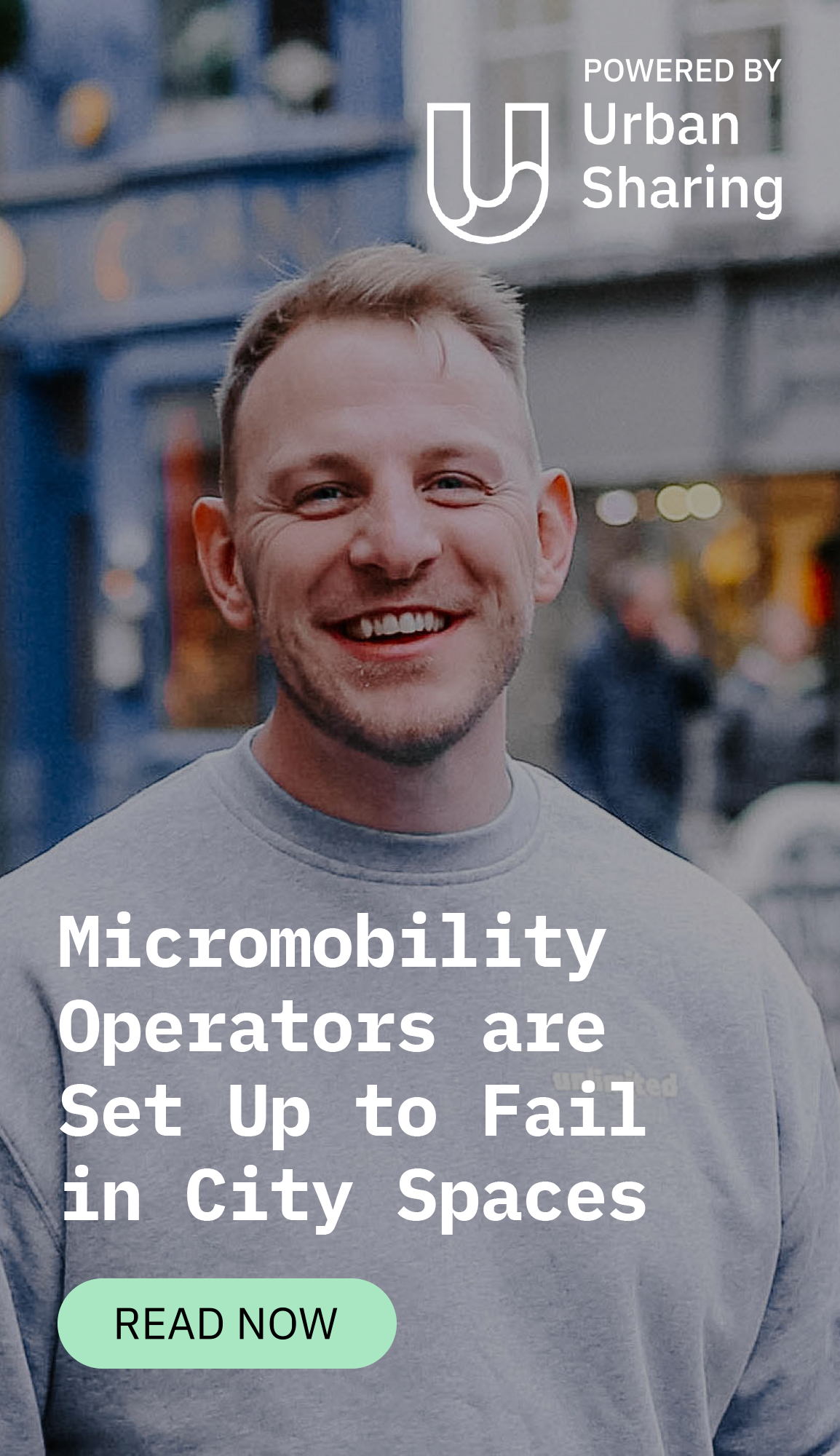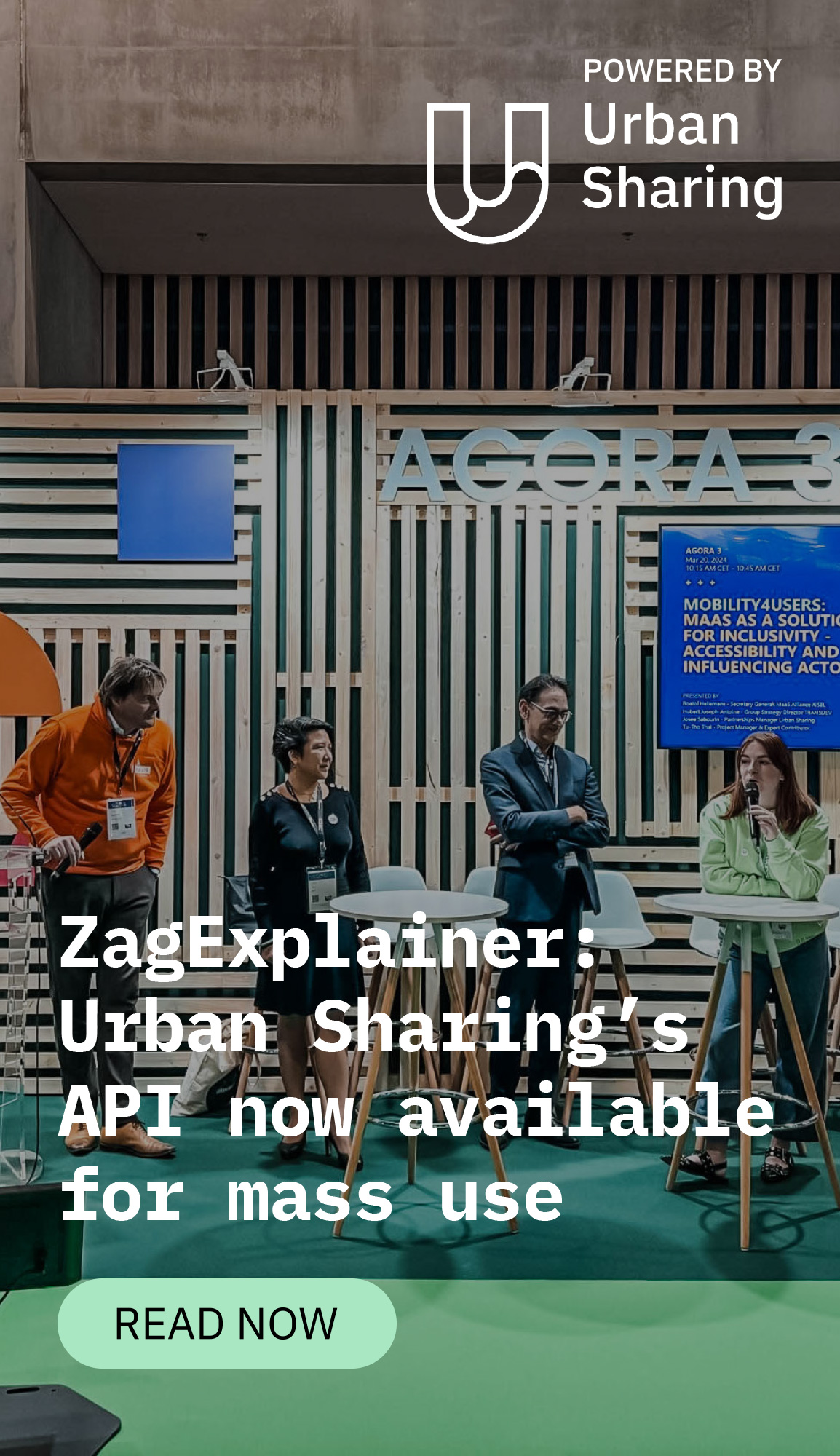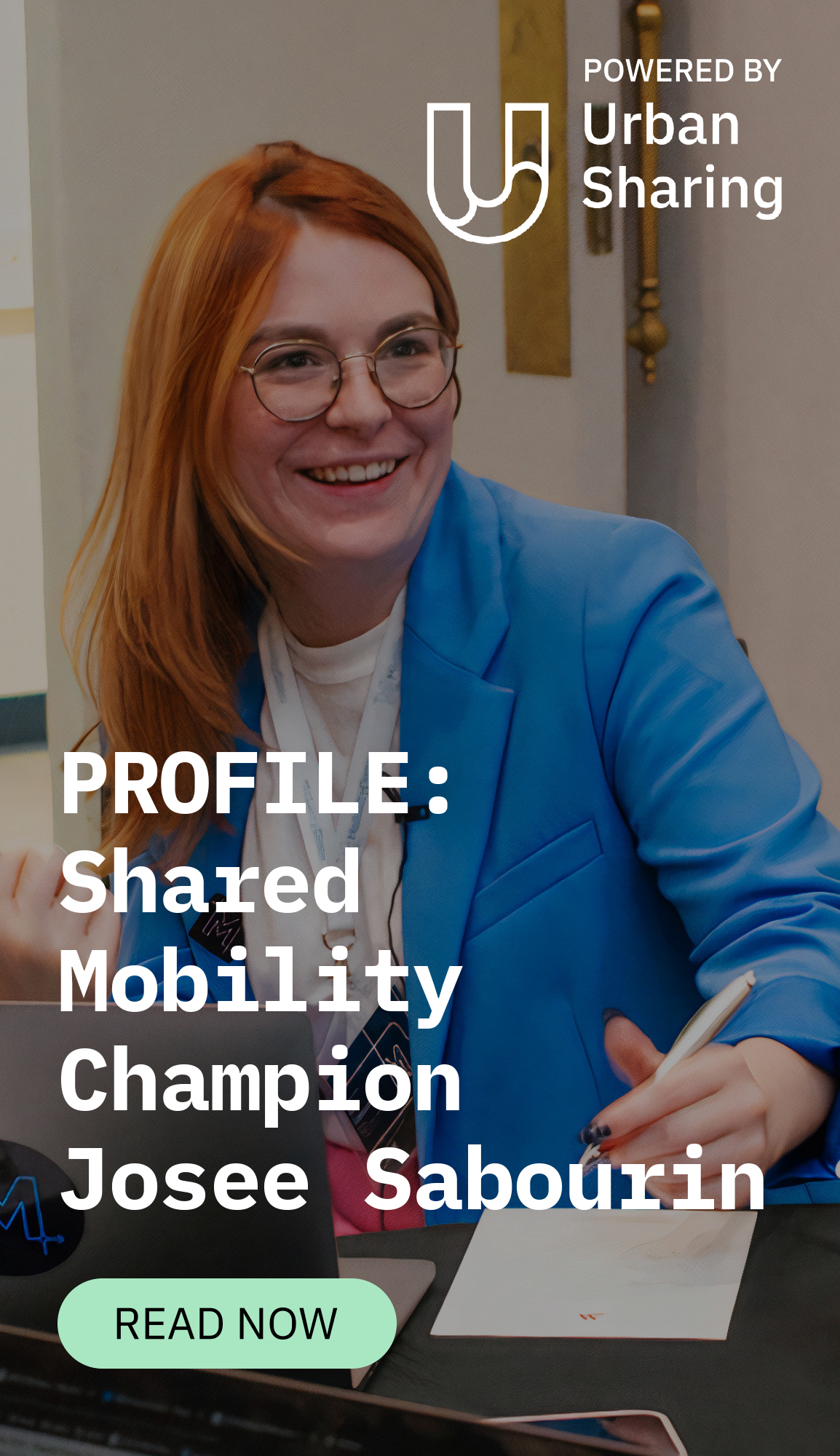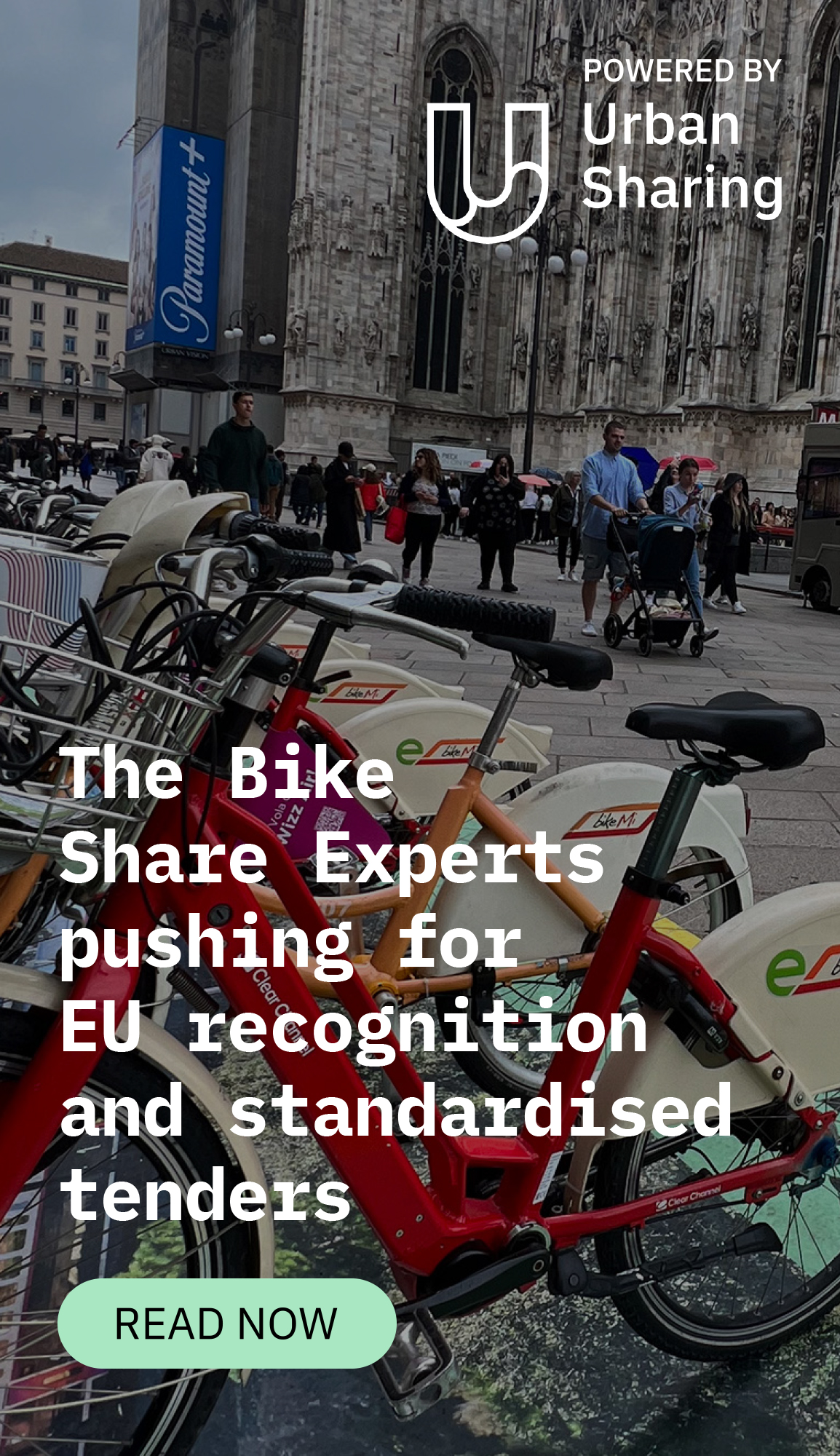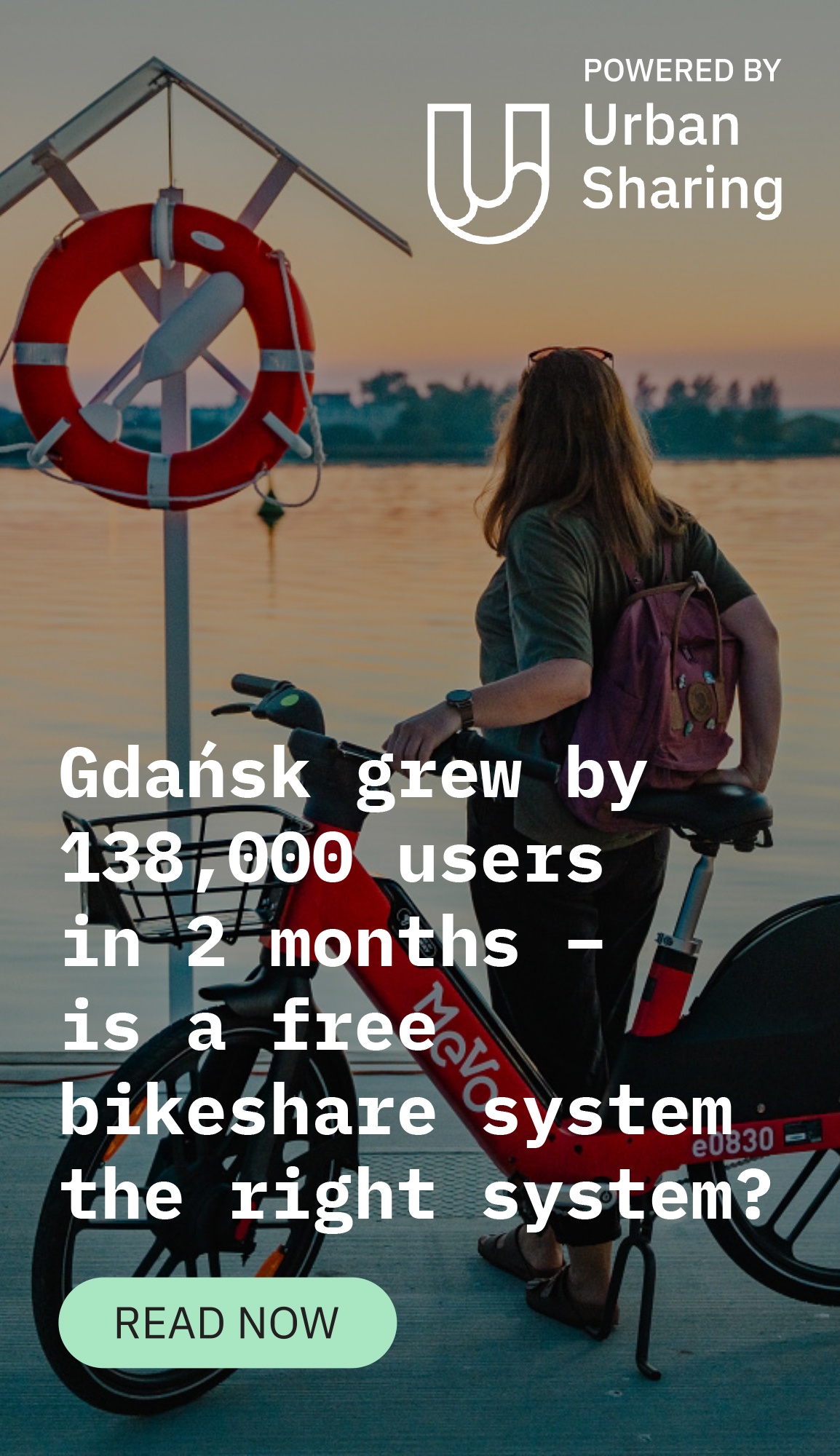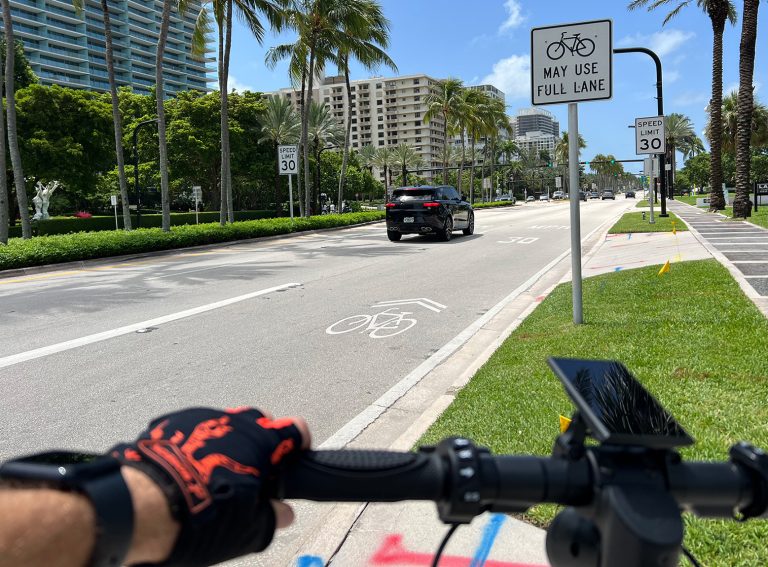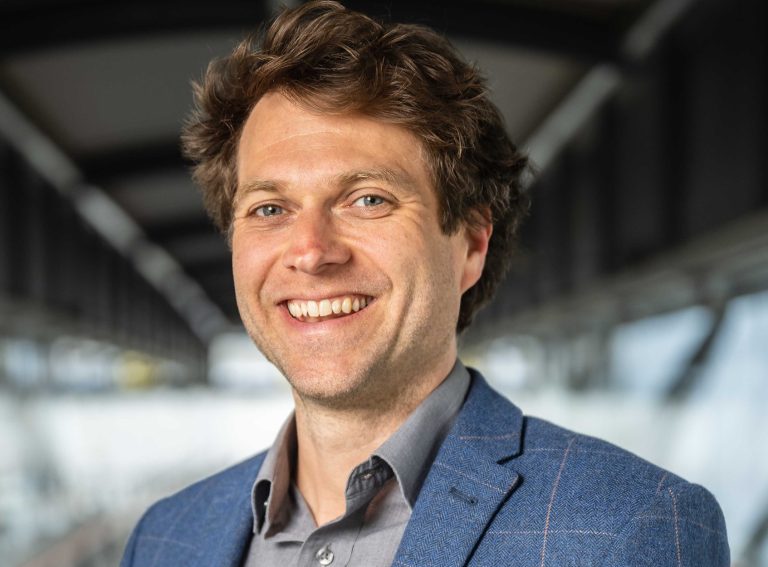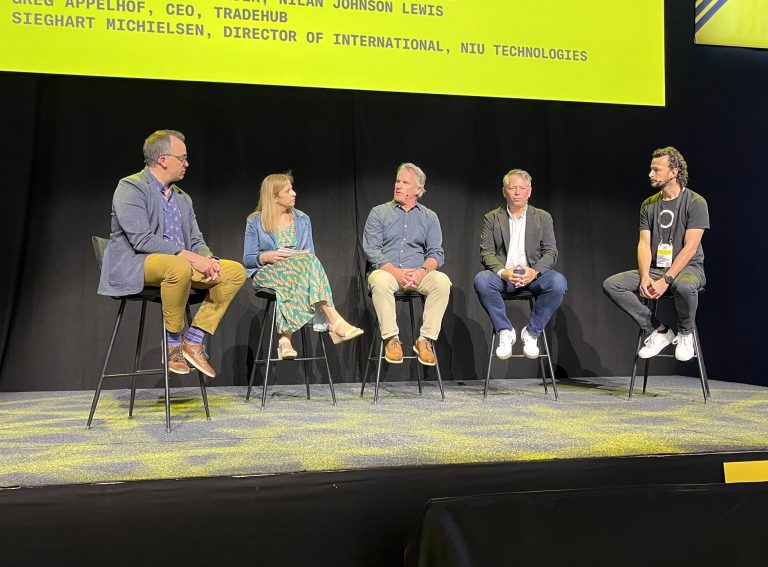Author: Andrew Fleury, CEO of Luna Systems
A report from Ipsos Mori caught my eye with the sobering truth that over half of all cyclists (52%) globally feel unsafe navigating city streets.
This shouldn’t be the reality but fear continues to keep many from even considering cycling. While there have been some advancements in the bike safety tech market in recent years, progress is too slow compared to cars. When you step into any modern car, you’re equipped with all the bells and whistles like computer vision, radar and lidar, so why then are cyclists, as vulnerable as they are, not being more readily offered the latest technology to keep them safe?
The software-defined vehicle movement, which continues to gain momentum, brings with it the promise of a new era of mobility technology that doesn’t just focus on infotainment, but also safety. That has the potential to rewrite the narrative, creating a future where cyclists can reclaim the road with confidence.
Introducing Luna Oculus
The Luna Oculus consists of a compact, rear-mounted camera that uses computer vision to detect rear approaching vehicles. It connects to any smartphone via WiFi, transforming it into an AI-powered rearview mirror.
Once connected, the Luna Oculus app provides a livestream of what is happening behind. When other vehicles like cars, trucks, and other bikes get too close, the app provides a real-time visual as well as audio alerts which intensify the closer the approaching vehicles get, giving cyclists precious time to manoeuvre to a safer road position.
In-ride warnings are just one way in which we hope this solution will boost cyclists’ confidence. Our app will also provide heat mapping of close calls: vehicles that pass without giving sufficient space, near misses and, in the most unfortunate of cases, collisions. The aim is to allow cyclists to identify danger hotspots and to locate safer routes.
Initially, in this first rendition, Luna Oculus will provide simple heat-mapping of blackspot locations. However, longer-term Luna Oculus will include live safe route navigation capabilities.
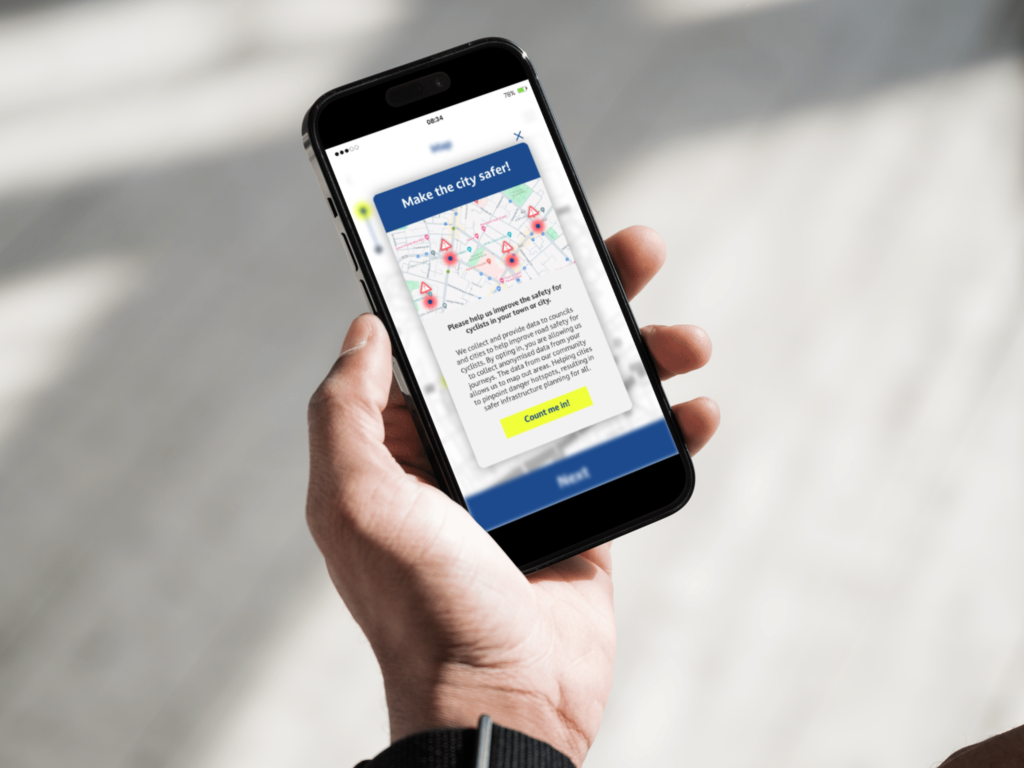
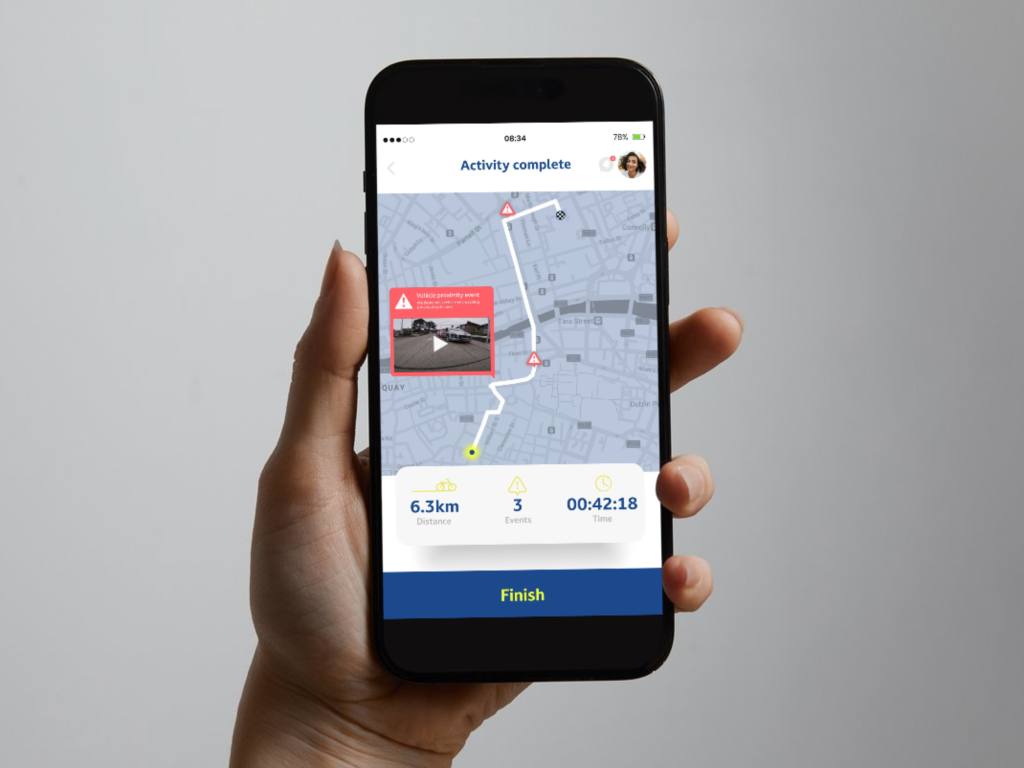
Feeding into the bigger picture with city data sharing
Imagine a city where pinch points, bottlenecks and collision blackspots are mapped out, not by static audits, but by the lived experiences of thousands of cyclists.
The data becomes much more powerful when amplified by a cycling community, and there is a major appetite for solutions which give cyclists a platform to improve safety on a wider scale.
And so, Luna Oculus will provide something game-changing: an opt-in data share feature enabling cyclists to share their danger blackspots across their city cycling community.
When it comes to ensuring a safer future for bikes, stronger infrastructural accommodation of bikes is what will drive change at the highest level. Crowdsourced cycling data can play an important supporting role in this shift when amplified on a large enough scale. Our work in the shared micromobility space with our partner Dott, on the vision data analysis of sidewalk riding in key cities such as Brussels and Lyon has made it clear that AI can provide a very efficient means of supporting a broader understanding of infrastructure requirements from the point of view of the rider.
We now want to apply the same kinds of anonymised data-driven evidence that can fuel targeted improvements to cycling infrastructure and help cities prioritise changes where they’re needed most.
A movement beyond technology – a cycling revolution
Luna Oculus is more than just a piece of safety kit – it’s a catalyst for change. This Indiegogo campaign is not just about raising funds; it’s about building a community and garnering the kinds of consumer feedback that will feed into a much bigger, data-led approach which will benefit cyclists for generations to come.
For too long, cyclists have been forced to choose between convenience and safety. Luna Oculus offers a third option: navigating the city with confidence and peace of mind.
The Luna Oculus currently exists as a B2B solution, with rigorous testing having been conducted in collaboration with the cycling industry over the past 12 months.
Our aim now with this Indiegogo crowdfunding campaign is to get this safety solution directly into the hands of consumers. The campaign will support the production of a consumer-friendly camera but also the further development of our existing smartphone app. We want this project to drive real conversation and engagement on the product features. We want to build a solution that consumers feel makes a real and tangible difference and that makes them more confident about getting out on the road.
The future of cycling is not about resignation or fear. It’s about empowerment and collaboration. It’s about AI-powered data to create a cycling utopia. We want this solution to be the eyes that keep users safe, but that also empowers cities to make the changes that matter most.
Our campaign launches on day one of Micromobility Europe (stand #303). If you would like to be notified, please head on over to the above link. We are looking for as many pledges as possible to help make our vision a reality. Thank you!

